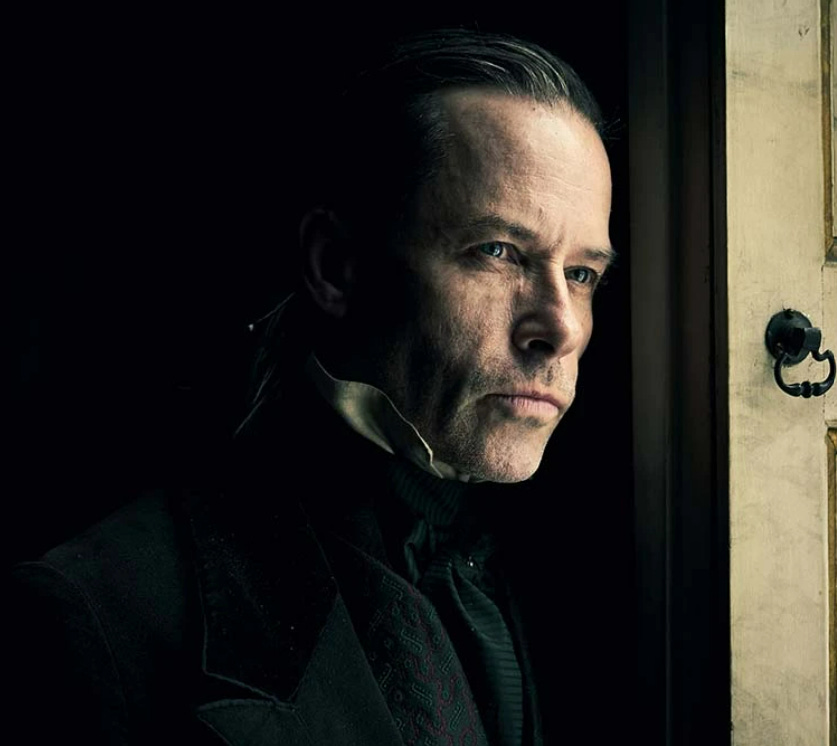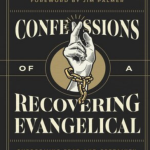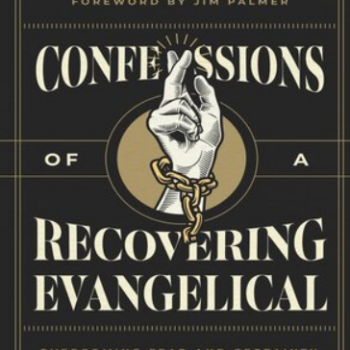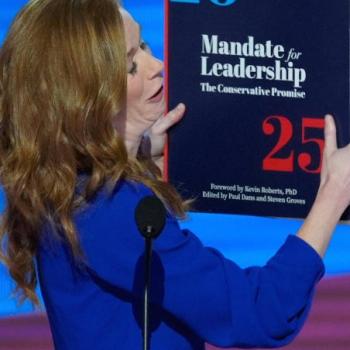I never realized how narcissistic Evangelical Christianity was, until I left it. For many years, as an evangelical, my worries and focus was totally on myself, my salvation and my sanctification. Oh yes, we were given the usual party line about “putting God first, others second, and ourselves last,” but that isn’t what the real message was. The real message was that I was the “apple of God’s eye” and “Christ died just for my sins, even if I were the only one on earth.” “I” was the center of the evangelical project: my salvation, my prayer life, my purity, my walk with Christ. I’ll come back to that…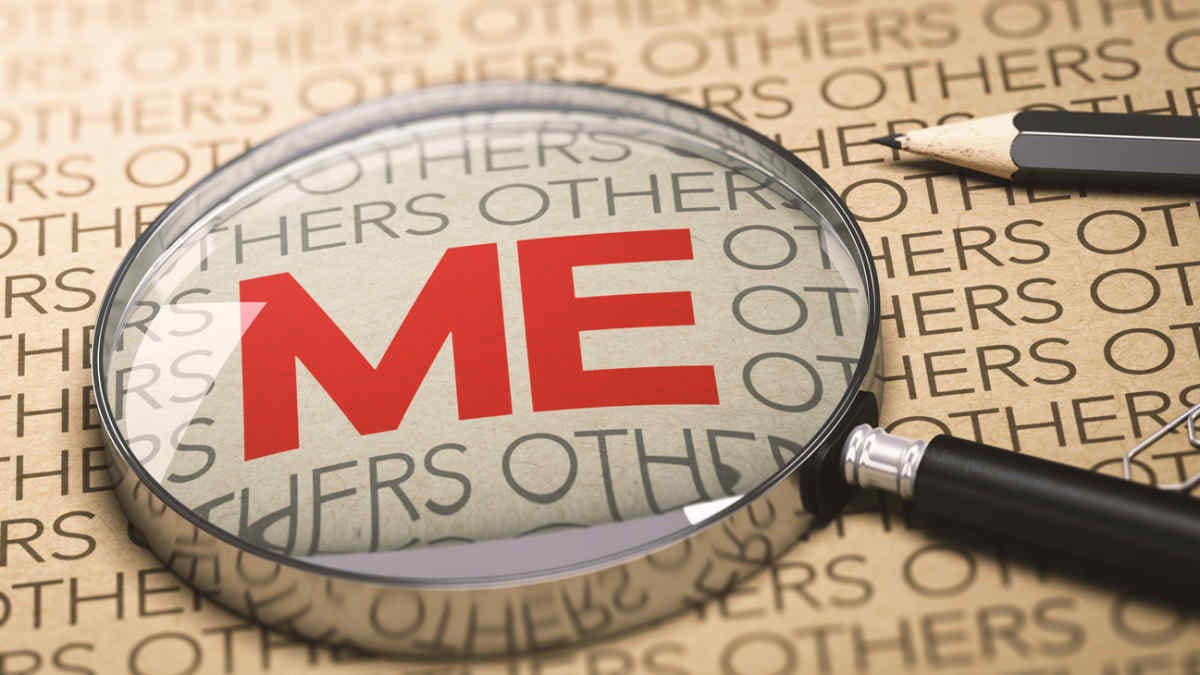
A Lesson From Ebenezer Scrooge
But that naricissistic perspective changed when I renounced evangelical ideology. And, it finally came into focus when I saw the traditional “A Christmas Carol” on FX a few years ago. But it wasn’t traditional, and it wasn’t what I expected.
For about three years now, I’ve been watching the FX channel BBC version (adapted by Steven Knight) of A Christmas Carol. This has very quickly become my favorite version of the classic holiday tale. It stars Guy Pearce who plays Ebenezer Scrooge but presents a dark and psychologically disturbed character. This is not a feel-good, child’s version. It is dark and disturbing. I’ll talk about this in more detail, but the ending of the story, which I won’t give away, shook me to the core the first time I saw it.
Why? Because when I saw how Scrooge responded to the “dark night of his soul” and his encounter with the three ghosts, it reminded me of just how narcissistic being an Evangelical was in my own experience.
So let me come back to the Narcissism of Christiantiy….
In looking back now at my 40-year evangelical past, I am aware and astounded at just how narcissistic that way of life was. The evangelical religious faith focused entirely on the individual. I heard it over and over in phrases such as, “Jesus died just for you.” Or, “If you were the only person on earth, Jesus would have come to earth to die on your behalf. That’s how much God loves YOU.”
Accepting Jesus as “MY” personal savior so that “I” wouldn’t be condemned to eternal damnation was essential. I was taught that “I” needed a “personal relationship” with Jesus, and “I” had to nurture that daily.
I was also told that “I” had to witness to others, not so much for their sakes, but so “I” would be fulfilling the Great Commission. I saw it as part of the obligatory arrangement to secure “MY” salvation by winning others to Christ so that they could also absorb this “Me-centered” religious faith.
Pardon my overuse of quotation marks, but I think you get the picture.
This narcissistic emphasis was very subtle, and no one taught us to be self-centered. In fact, Christian teachings were quite the opposite. We must give up and deny ourselves, our desires, our preferences, our ambitions, and our very souls so that the life of Christ could rule supreme in our hearts.
But this so-called emptying of ourselves led to an extreme focus on…guess what? …myself! In other words, all this work and effort at trying to be selfless and give up my life to Jesus only resulted in an on-going neurosis about whether I was doing it right, or well enough.
It led to endless worry and speculations about whether I was truly selfless. It led to self-questioning and self-loathing that was endless. I was denying my own human frailty and limitations. Was I praying enough? Was I witnessing enough? Did I read enough of the Bible today? Do I love Jesus enough? How would I know? Did I tithe enough? Do I have enough faith? Am I a good example? Is God pleased with me? Notice the complete self-centered orientation.
This sort of self-examination and interrogation was exhausting and resulted in so much “me-ism” that I barely had time to worry about other people. Being a follower of Jesus I thought meant to focus on my own redemption and sanctification, and I did….endlessly.
Then throw into this mental and emotional mix, the whole narrative of my personal sin and my need for personal salvation from a God that can only be satisfied by the shedding of blood. Well, you have a story that elicits the most unhuman and inhumane outcome of all. Jesus must be brutally killed and sacrificed for me…it’s either him or me. And I was told that Jesus had to go to the cross because of…you guessed it…ME! This whole narrative is so sick on so many levels. God had to commit a human sacrifice because of me?
Now I understand that narcissism is part of the human condition. It isn’t a question of whether you are a narcissist or not, but it is more like a sliding scale from “least narcissistic” to “extreme narcissistic.” Most of us fall somewhere in between on that continuum. We see examples from each end of the spectrum. The Mother Teresa types on one end and the Donald Trump types on the opposite end. I’m sure you know which end they represent.
Christians were supposed to be the most giving, loving and least narcissistic people in the world by following the example of Jesus. And in all fairness, there are many selfless Mother Teresa’s out there. But the ideology of self-denial and self-loathing only pushes many to the other side of the spectrum, toward being more self-centered.
This brings me back to “A Christmas Carol”
In the traditional versions, we all know the ending. Scrooge is confronted by the three ghosts and shown his own selfishness and separation from humanity. He experiences a sort of “conversion” at the end where he accepts redemption and his whole personality changes, and he is redeemed. He proves it by living a generous and selfless life thereafter. It is a happy ending that makes us all say things like, “God bless us, everyone.” It is the ultimate morality tale and in it, Scrooge accepts that he needs redemption.
But what if that isn’t the point of the story? Does Scrooge only change because he is afraid of his fate? Is his generosity genuine or contrived to save his own hide? Perhaps Scrooge is more worried about himself and his ultimate destination than he is in Tiny Tim’s health and well-being. Does he become a “good-guy” because it benefits him?
In the FX rendering of the story, this ending is challenged in a way I had never seen before. Without going into too much detail to expose everything, there is one scene in the graveyard where Scrooge is sitting next to his own gravestone, talking to his dead friend Marley. (Marley appears many times in this version). Here is how the conversation goes…note the challenge to traditional redemption:
Scrooge: “I know my fate. And you know my question. What happens to Tim Cratchit?”
(He observes Bob Cratchit and his family coming to the graveyard to visit Tim’s grave.)
Scrooge (sitting next to his headstone) – “Spirit, I need to know why…what was the reason for this. Why did your spirits come to me? Why did you show me all of this? What purpose?”
Marley: “Not not sure what the reason is Ebenezer, but another purpose is about Redemption and now a joint liability. All three spirits have done their work. I asked them to let me have a final try. We were all so wrong. Admit that at least.”
Scrooge: “No, I refuse, I refuse to change. I refuse redemption.”
Marley: “In god’s name Ebenezer, why?”
Scrooge: “This piss covered second class grave is exactly what I deserve. And if this redemption were to result in some kind of forgiveness, well I do not want it, because I will find a way to justify everything I have done according to the consequences, because, that’s how I am.”
Scrooge now looking at the Cratchit family mourning over Tim’s grave, says, “The only thing (sighs), the only thing I want the spirits to do, the only change I want them to make…is to find a way to let Tim live.”
Boom! That is the point of redemption. It isn’t about personal salvations at all. At this point in the story, the three spirits all disappear as does Marley who now finds rest in his own grave. This was the turning point.
This scene hit me like a thunderbolt the first time I saw it. Scrooge refuses redemption and forgiveness because he knows he doesn’t deserve it. He understands and knows the story is not about him. But…for the first time in his life, he wishes for the well-being of someone else over his own, Tiny Tim Cratchit. Scrooge stands up and his headstone is gone as is Tim’s.
I’ll leave the rest of the movie for you to view. More happens…much more. But the important conversation in the movie was that one. Redemption isn’t about me or you, or Scrooge or anyone. Redemption only has meaning and purpose when the well-being of others becomes more important than our own. In other words, we develop enough compassion for others so that somehow, we slide down to the least narcissistic side of the spectrum.
Salvation isn’t about my ultimate eternal destination…
…it is about working for the well-being and betterment of those around me with whom I can change their lives.
In this adaptation of A Christmas Carol, Scrooge turns the whole notion of redemption upside down. He refuses to accept it, because to do so would make him just as selfish as he had been his whole life. Redemption for him, wouldn’t redeem him or change him…he would still be the selfish miser that he is. But he found it within his heart and soul to have compassion for Tim, and that feeling led him to act. The action changed the outcome, not the redemption.
Suddenly, I realized that for 40 years I had gotten the idea of redemption wrong. It isn’t about me. Christ’s sacrifice, if you believe it is real or has meaning, only has meaning in the context of working for and wanting the well-being of someone else, not my own. All the pious work you do to try and change yourself, and deny your own humanity, both the good and the bad, has nothing to do with your redemption. All that does is reinforce your own narcissism.
If Christmas means anything I don’t believe it has anything to do with your salvation or redemption. But it does have everything to do with the acts of kindness and compassion that you and I perform for the betterment of others, and not because those acts benefit me or you in any way. That is the hard part…divorce redemption from the acts of compassion.
Just be compassionate…for no reason other than the betterment of someone else.


